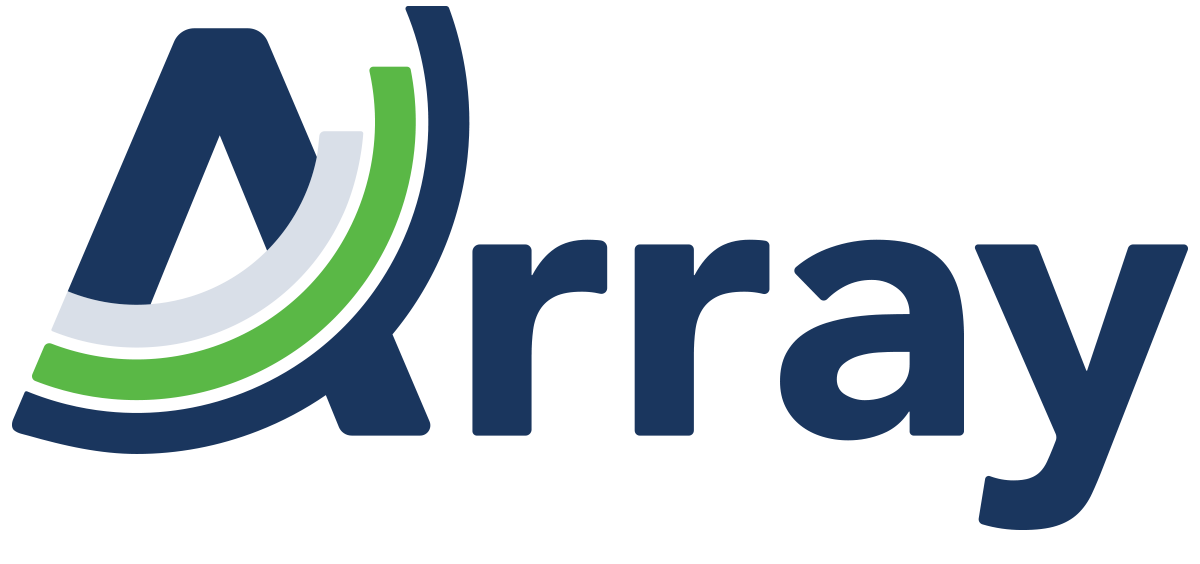Every week, the Array team reviews the latest news and analysis about the evolving field of eDiscovery to bring you the topics and trends you need to know. This week’s post covers the week of February 26 to March 3. Here’s what’s happening.
Straight from the Bench: Judges Cite Cases Influencing eDiscovery
In a panel discussion at the UF Law E-Discovery Conference, judges named the cases that had the most impact on current eDiscovery rules and norms, with the issues in consideration ranging from spoliated laptops to legislative privilege to the intent behind disappearing messaging. Among them:
Mueller v. Swift: The plaintiff in this defamation suit in the U.S. District Court for the District of Colorado alleged that Taylor Swift defamed him by claiming he groped her during a meet-and-greet publicity event. During the litigation proceedings, some evidence on the plaintiff’s side went missing or damaged, “including a coffee spill on a laptop and a back-up hard drive dying,” as Legaltech News wrote in its recap of the event.
The judge did not issue an adverse inference instruction due to a lack of formal evidentiary hearing on intent. Instead, the judge allowed for the cross-examination of the plaintiff regarding the destruction of evidence, which the panel agreed carried harsher consequences.
“[Allowing cross-examination] is a much more severe sanction than an adverse inference … that could become the theme of the trial and could have a real influence on the jury,” said U.S. Magistrate Judge Gary Jones of the Northern District of Florida. “So when we talk about adverse inferences, I don’t really consider that a nuclear option. I think this might even be a better option.”
(Ultimately, the jury sided with Swift and awarded the singer a symbolic $1 in damages.)
Pernell v. Florida Board of Governors of the State University: This matter stemmed from Florida’s Individual Freedom Act, also referred to as the Stop WOKE Act, a state law that regulates educational content in schools and workplaces. In the lawsuit, professors and one student challenged the law, arguing it violated the Equal Protection Clause of the 14th Amendment.
During the litigation, plaintiffs sought documents related to the drafting and adoption of the bill. The defendants challenged their subpoenas, citing legislative privilege. The U.S. District Court for the District of Florida ordered some of the documents to be produced, as they contained “factually-based information used in the decision-making process,” according to Legaltech News.
But the Eleventh Circuit Court of Appeals reversed that decision, stating legislative privilege can protect “factual documents.”
“This is going to make it very hard for individuals to bring any kind of intent claims against legislatures,” said U.S. District Judge Xavier Rodriguez of the Western District of Texas. “Most states have their own Freedom of Information Act, most states have open records provisions. Most states have open meeting acts, and I’m a little concerned about the viability of all those things now in light of these opinions.”
(In March 2023, the Court of Appeals left in place a preliminary injunction blocking the Individual Freedom Act from being enforced in institutions of higher education, pending appeal, according to the ACLU.)
Barak v. Rooster’s Guide & Outfitting Adventures: This matter – a breach of contract dispute in the U.S. District Court for the District of Colorado – prompted meaningful consideration about “ephemeral” messaging apps and whether their use is done to intentionally limit evidence.
While the best-known ephemeral messaging platform is Snapchat, in this lawsuit, the plaintiff alleged that defendants destroyed encrypted text messages sent through Signal. U.S. District Court Judge Raymond P. Moore decided the plaintiff failed to show the messages were intentionally deleted.
Specifically, the Court said the plaintiff’s phone call to defendants that he “would be suing” did not meet the standard for “unequivocal notice” of pending litigation. Moreover, the Court said the mere use of Signal did not, in and of itself, show any signs of bad faith.
“I think [what indicates bad faith] is the intent and the purpose of why the person is using the ephemeral apps,” as Legaltech News quoted U.S. Magistrate Judge William Matthewman of the Southern District of Florida.
(The matter is pending.)
The eDiscovery Hiring Boom: Key Trends at Play
Legal.IO notes a “surge in hiring activity” in the eDiscovery sector, as new technology and evolving work models have demand far exceeding supply.
The article notes five key issues:
- Speed: Organizations are hiring talent faster than in pre-pandemic years.
- Remote and hybrid work: Most eDiscovery professionals want flexible work arrangements, but full remote work is on the wane. In 2022, 89% of eDiscovery jobs were remote or hybrid, with 69% fully remote; in 2023, 92% were remote or hybrid, but only 38% were fully remote.
- Contract work: More professionals are choosing contract gigs; Legal.IO says the current job market is evenly divided between contract and full-time positions.
- Compensation: As the talent shortage persists (and escalates), eDiscovery specialists can command a 25% average increase in base compensation when changing jobs, according to Legal.IO.
- Skills: The most sought-after knowledge in the marketplace now: proficiency in eDiscovery software.
The hiring trend is likely to continue, the article notes, given increasing data volumes, evolving regulations and the continuous evolution of technology.
Other recent eDiscovery news and headlines:
- TikTok’s Lawyers Repeatedly Warned Executives It Could Be Breaking Data Laws (Forbes, subscription required)
- Lawyers and Law Firms Rising Up: Overcoming the Reluctance to Transition to AI (EDRM)
- Documents Subpoenas: Don’t Reinvent the Wheel (American Bar Association, subscription required)

